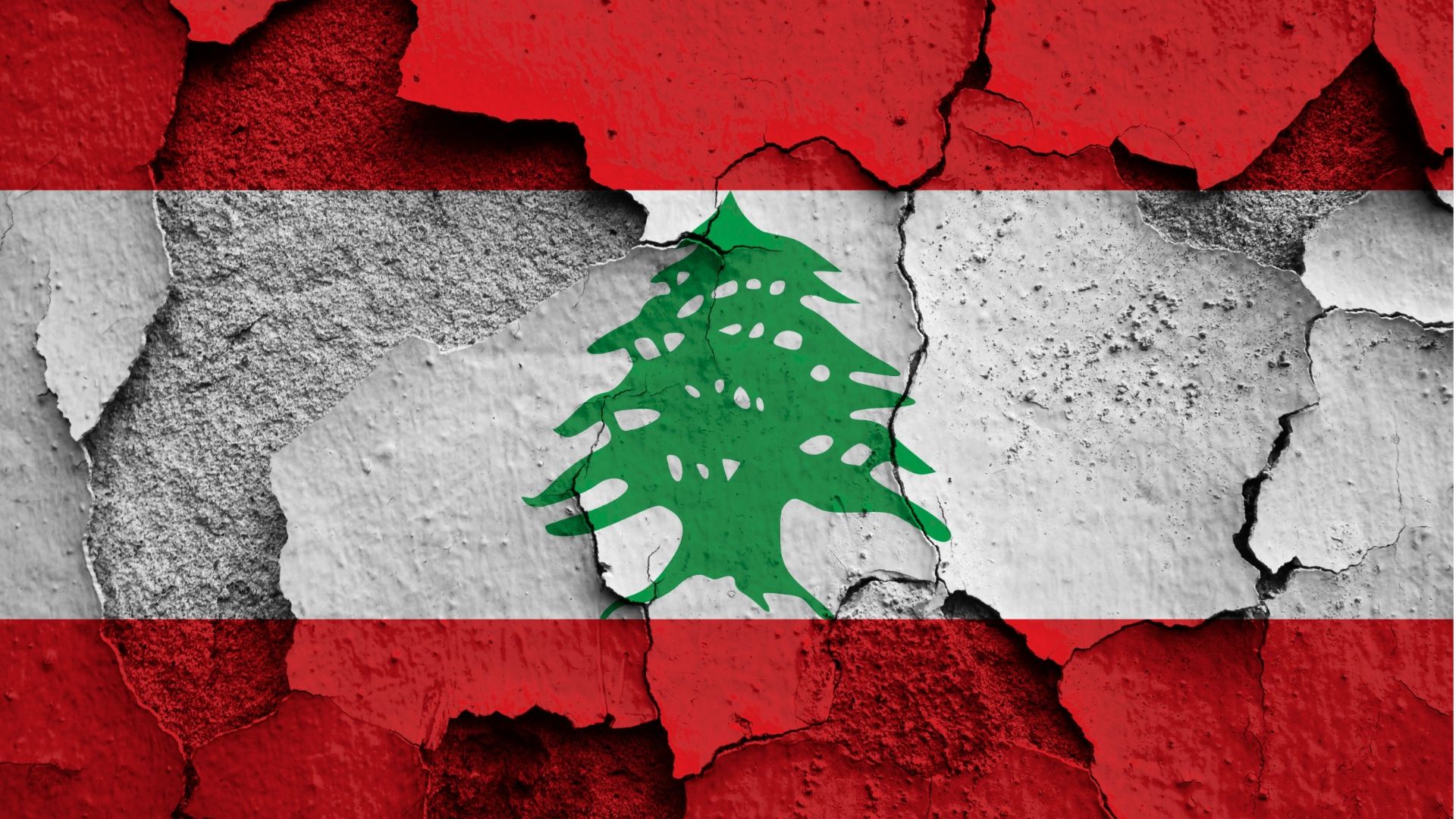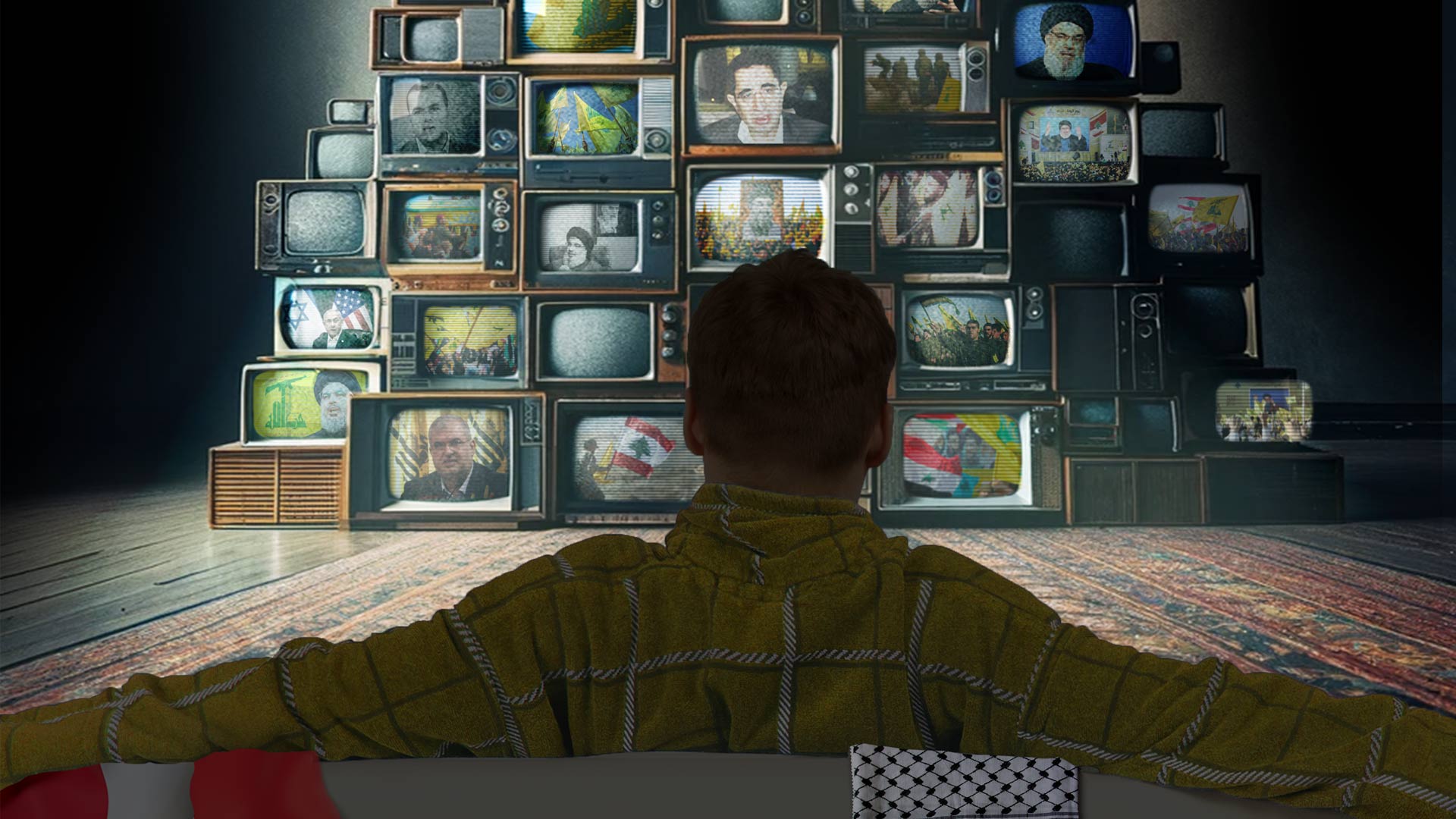If we were to believe Lebanon’s politicians, the country’s citizens would be getting ready to hit the polls this spring to elect their municipal representatives. But to reach the ballot, Lebanese citizens will need more than a myriad of promises to hold the elections on time.
“I will not propose postponing the municipal elections,” Minister of Interior and Municipalities Bassam Mawlawi recently pledged.
Political experts, however, told The Alternative that the municipal and mukhtar councils’ elections were most likely to stall again – which could have severe implications for the future of these local authorities.
“I’m very skeptical that the municipal elections will go ahead,” said Karim Bitar, director of the institute of political science at Saint Joseph University, told The Alternative. “I think it’s highly unlikely given the presidential vacuum, caretaker government, and while Lebanon is facing such an unprecedented economic crisis.”
Indeed, as Lebanon’s socio-economic crisis continues to deepen, holding the municipal elections is critical not only for the sake of the democratic process but also to maintain local governance and representation. Unlike the executive branch, municipalities cannot go into caretaker to continue to function. Instead, the district governors would have to manage the jobs of all the municipalities.
A Casualty of Political Deadlock
Around this time last year, Lebanon’s parliament officially postponed municipal elections – initially planned for May 2022 – by a year due to a lack of human and financial resources. The decision extended the mandate of more than 1000 municipalities that make up Lebanon’s local level of governance within 26 districts and eight governorates.
As decentralised local administrations, municipalities are governed by the 1977 Law of Municipalities which gives them jurisdiction to manage the public affairs of the communities within their geographical boundaries. The establishment of municipal elections in the 1990s was one of the successes of the struggles to re-establish civil life in the country following the end of the civil war. Lebanese voters elect municipal councils for six-year terms by casting a single list of candidates that win if they get the most votes. The municipalities’ current mandate is coming to an end, however, amid a political deadlock in its fifth month. Since former president Michel Aoun left office in October last year, sectarian leaders have quarrelled over who should be the next head of state. In the current predicament, Parliament’s constitutional scope for legislative action is limited to the selection of a new president for the republic. This leaves all other state affairs at a standstill, meaning parliament is unable to vote for another extension of the municipalities’ mandate.
“Nothing will work until we decide how […] we will divide the cake,” Ammar Abboud, a board member of the Lebanese Association for Democratic Elections (LADE), told The Alternative. “That means we decide who is the president, who is the prime minister, who is the head of the parliament, what is the electoral law.”
The Need to Keep it Local
Communities across Lebanon rely on municipalities to develop and manage critical infrastructure, such as water, roadworks, sanitation and even tertiary health facilities in some cases.
Despite the context of hyperinflation, many municipalities continue to play a primary role in maintaining public utilities at the local level. An absence of municipalities would significantly affect local communities. If these authorities were dissolved because their mandate expired, residents would be forced to rely on the centralised capital of each district for local issues. Municipalities would not have the authority to sign off on any decisions or to have their own local budget. For example, residents of Aley – a small city uphill from Beirut – would have to travel to Baabda, about 11km away, to have issues in their neighbourhood addressed. Such a situation could leave room for local mafias and clientelist networks to fill local gaps, said Zeina Jaber, a lawyer residing in Aley.
The absence of municipal authorities would also significantly affect local development projects implemented by foreign donors, which often rely heavily on municipalities – for example, to build solar panels and improve water services.
As Lebanon’s central government rapidly deteriorated in its ability to provide services, many municipalities were the last remaining functioning pieces of governance. Unlike parliament elections, there are no sectarian quotas for municipal councils which encourages cross-sectarian electoral alliances and provides opportunities for candidates without traditional political or sectarian affiliations to make gains.
The Best Chance for Change
In the last municipal elections in 2016, new civil society groups emerged as players, such as Beirut Madinati, which won close to 40% of the total votes of one of Beirut’s electoral districts.
Like in the past parliamentary elections, even the dynamics of established parties are expected to change in the upcoming municipal elections – whenever these may or may not be – especially since the collapse of the Future Movement and the subsequent takeover by Hezbollah in some localities. According to Bitar, there is a strong possibility of a breakthrough in the protest movement in Tripoli and even Beirut if the opposition shows a united front.
The question remains whether the progressive movement is ready for the upcoming battle at the local level. The opposition movement snatched 13 seats in last year’s parliamentary elections. But Mohanad Hage Ali, a senior fellow at the Malcolm H. Kerr Carnegie Middle East Center, was doubtful they could challenge the political class in the municipal elections.
“If you look at the Change MPs in parliament, this past year has shown their inability to achieve anything,” he said, adding: “and all of this bravado that we’ve seen has basically discouraged many in taking part in the political process at all.”
With the stakes so high, independent members of parliament have been rallying to try to avoid another postponement of the municipal elections. Change MP Mark Daou told The Alternative that they were exploring avenues to ensure the polls would still go ahead. This included relying on the Council of Ministers rather than the President to sign off on the elections and finding the funding requirements (about $9 million), for example, by using Lebanon’s Special Drawing Rights (SDR) from the International Monetary Fund (IMF).
“This is borderline within the constitutional norms – this is not a clearcut process,” Daou explained. “Anyone who wants to undermine it can revert to several legalities and technicalities….”
Without Lebanon’s parliament meeting to elect a new president, it remains in doubt whether the country’s municipal elections will move forward. Lacking this new mandate, the country’s local level of governance, which is essential to preserving basic public services, may no longer be able to function – a worrying prospect for a state already verging on dissolution.



